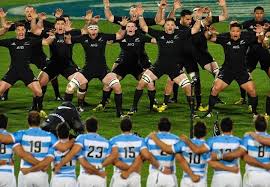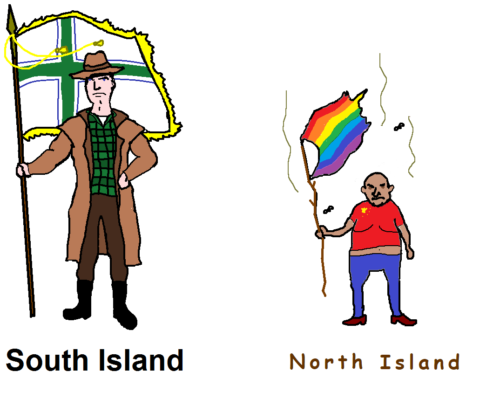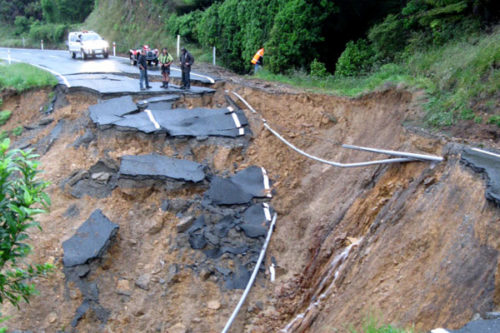25 people have been infected by a measles outbreak in Canterbury, and one could predict from the degree of anti-anti-vaccination hysteria that there will soon be a social movement to make vaccination compulsory. Many people are calling for it, and the rhetoric demonising the anti-vaxxers is growing. This essay discusses why compulsory vaccination is the wrong approach.
The joke goes that under totalitarianism, everything is either banned or made compulsory. The panic-based hysteria that fuels the various moral outrages that lead to totalitarianism can be seen in places like this thread on Reddit. Many New Zealanders are apparently happy to force compulsory medical treatment on others, despite it being a violation of Section 11 of the New Zealand Bill of Rights Act.
Compulsory vaccination would be a grossly draconian abuse of state power. But that isn’t why we should avoid it.
Let’s lay it out: vaccination is a good idea. Vaccination is a great idea, especially if the extremely minor side-effects are weighed up against the costs of being infected with measles, rubella, polio, whooping cough or the like. Some of these diseases are capable of crippling people for the remainder of their lives, leaving them in ghastly pain, or just killing them outright. Their presence as part of the human experience was a curse, and eradicating them would be excellent.
Vaccination is such a good idea that a parent ought to listen to their doctors when those doctors recommend vaccination. So if the necessary trust isn’t present in that relationship, something is wrong, and we ought to determine why.
The usual response is to call anti-vaxxers “nutters”, “loonies”, “schizos” and the like, and to attribute their lack of trust to an aggressive paranoia that can only be present on account of moral failure. But the responsibility isn’t on them to become more trusting. The responsibility lies on the Government and on the medical community to earn the trust of the population. It’s not merely an ideal that the population ought to trust that what their doctors is telling them is true – it’s a necessity.
The anti-vaccination movement is particularly strong in Nelson, which has been attributed to our unusually high proportion of nutters, loonies etc. The reality is that Nelson has a high number of anti-vaxxers for the same reason that California does: we were one of the first to understand the medicinal value of cannabis, and thereby one of the first to understand that the medicinal community was lying to us about it.
People know that they’ve been lied to about cannabis. We know that doctors have not been fully honest about the medicinal benefits of this substance for decades. Those who have done the research know that these lies are mostly the result of pressure from Government, disinformation from pharmaceutical companies pushing their product and the usual Kiwi slackness when it comes to doing your job properly.
So how do we know that we’re not being lied to about vaccines? Given the experience with cannabis, it’s entirely possible to suspect that Governments are putting pressure on doctors to ignore the risks of vaccination, or that the manufacturers of the vaccines aren’t honest about their side-effects, or that doctors simply haven’t bothered to research any side-effects.
Given that doctors have been lying about these things when it came to cannabis, it’s only natural that the trust that people had in them has sharply declined among some demographics. This is the error that needs to be corrected, and compulsory vaccination is a ham-fisted solution to something that can be achieved more elegantly.
Introducing compulsory vaccination is a foolish and short-sighted approach that will not only spur more suspicion and paranoia, but which will also help to justify future Governmental abuses. A much braver and wiser move would be for the Government and the medical community to earn back the trust that they have lost.
The best way to achieve this would be for politicians to make a frank and full apology for their parts in misleading the country about cannabis. They would have to not only admit that cannabis was medicinal, but that it was known to be medicinal and previous governments lied about it for whatever reason.
If the politicians would admit that many doctors only withheld the truth from their patients for fear of punishment from the Government, they would help to restore the faith in those doctors necessary for the more sceptical to get their children vaccinated. This is what needs to happen, not compulsory vaccination.
*
If you enjoyed reading this essay, you can get a compilation of the Best VJMP Essays and Articles of 2018 from Amazon for Kindle or Amazon for CreateSpace (for international readers), or TradeMe (for Kiwis). A compilation of the Best VJMP Essays and Articles of 2017 is also available.




